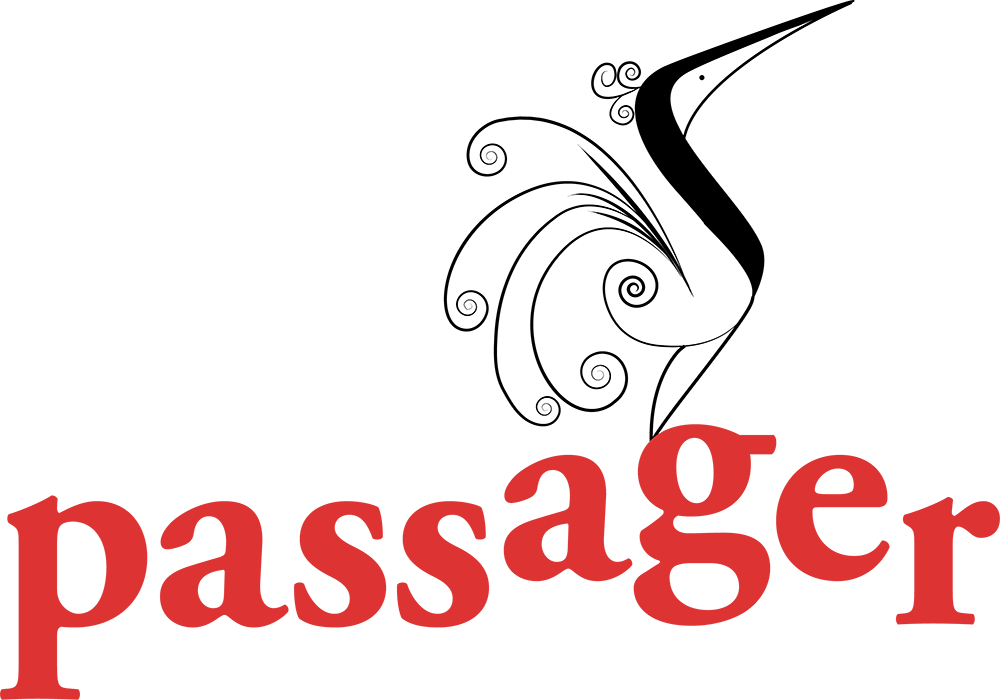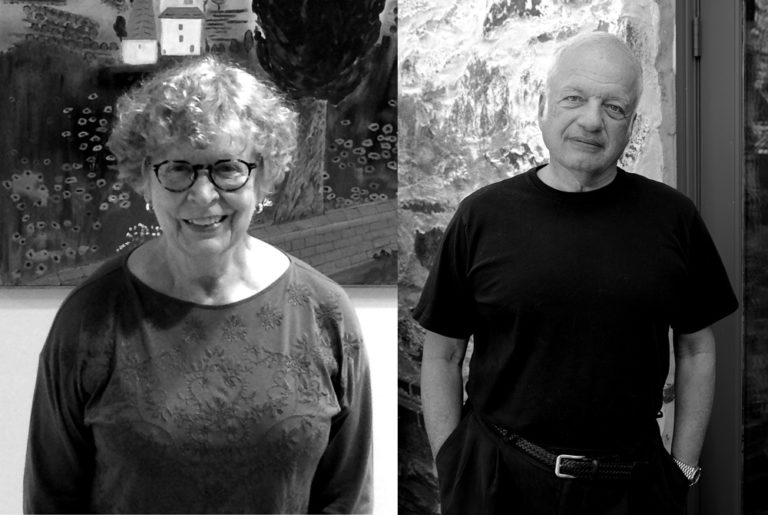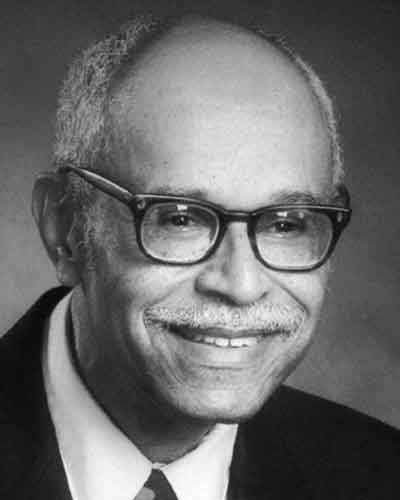Father’s Day

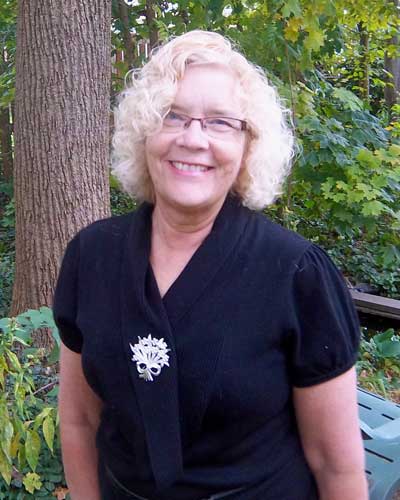
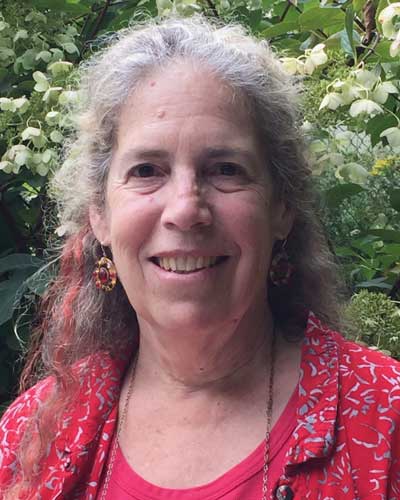
Dads here and elsewhere, featuring work by Angelo Giambra, Joyce Burd Hicks, and Susan Jo Russell.
7 minutes
TRANSCRIPT
Many of us celebrate Father’s Day the third Sunday in June. In the United States, it’s been around since the early 1900s, but didn’t become an “official” holiday until the 1970s. Traditionally, the most popular present was the tie; the most popular meal was whatever Dad grilled outside. On this episode of Burning Bright, three pieces about dads.
Angelo Giambra said he’d been writing on and off since his teens, but it wasn’t until much later in his life, after he read a book by Ted Kooser, that he began to take writing more seriously. He said his Dad used to get a kick out of saying Ollie O’Toolie, a name he heard somewhere and thought was “funny as hell.” Here’s Angelo Giambra’s poem “His Trill, His Warble.”
My dad hardly spoke at all.
It was as if life were a job
he clocked into every day
in grease grimed overalls,
each breath a burden,
each twist of the wrench
another slap at his pride.
On the few occasions when
he’d say something he thought
was funny, like Ollie O’Toolie,
repeating it like a priestly chant,
it was as if a little miracle
had happened, his chuckle
flittering like a bird that had
just learned how to fly
and, having seen the treetops,
refused to light on land again.
Some days, I still hear him,
way up there, singing to himself,
Ollie O’Toolie, Ollie O’Toolie.
From Passager Issue 50, Angelo Giambra’s poem “His Trill, His Warble.” Angelo said, “I’ve learned that writing poems is like digging for jewels; some days you dig and dig and nothing happens. But if you dig every day, sooner or later you find one. And then you polish it until it shines.”
Here are some excerpts from Joyce Burd Hicks’s short story “Is That Your Sister.”
I’m going for a beer.” Dad pulls the blanket over Terra after shifting her so her back is lying against the seat. She makes two short barks, but the roar of the train covers it. Besides, two seats up a kid is wailing. Probably a diaper change.
“You stay put, you hear?” He runs his hand through his long hair, shoves his shirt tighter into his jeans. “Mind your sister.” When I don’t answer, he says, “Hey, you hear me?” and I nod.
He touches the backs of some seats for balance as he walks away.
… I guess I have drifted off through a stop because new people are in the aisle. They are slinging stuff in the overhead racks and talking loudly, as if it is the middle of the day. Then the conductor stops by my seat. “Wake up, miss, move your stuff. This lady has to sit down.” I pull my coat and backpack away from the window to give her that seat, so I will be near my dad across the aisle. Except he’s not there. In the dim nightlight my watch glows. It’s 1:30. Maybe he went to the bathroom, but I can’t see him in either direction. In a few minutes he will come back.
He doesn’t. When I go down to check the bathroom, I see it has an out-of-order sign on it, so maybe he went to another car to find one.
… Dad’s seat is still empty. I sit down. I’ll just wait for him, not go to sleep. The train pulls into Erie, Pennsylvania. Just one person gets off, someone tall with long hair. Could that be Dad? I try to get to the door to yell. The man turns to look at his keys under the platform light. No, it’s not Dad. But it could have been. He could have gotten off! …No more homework to check, sleepovers to veto, or trips to the library. Leaving us traveling west on the train – it would be like that Janis Joplin song Dad likes, his kind of song about a guy named Bobby McGee on the road with his guitar. “Freedom’s just another word for nothing left to lose,” it goes. With us left rolling west, Dad would be free.
Excerpts from Joyce Burd Hicks’s short story “Is That Your Sister” from Passager Issue 54.
We’ll end this Father’s Day episode with Susan Jo Russell’s poem from Passager Issue 71 “My Father in the Water.”
When my mother and I sat across the desk
from the young man in the tailored gray suit at the funeral home
when my mother insisted on cremation
a look crossed his face, just for a moment –
it wasn’t usual then, it was questionable, it was radical –
but he knew how to go with it, asking smoothly
and what should be done with the ashes?
which baffled her, she only knew she didn’t want
a grave to visit, didn’t want dirt shoveled over him
because that wasn’t him, no, what was gone was gone
and seeing her uncertainty, the young man offered,
often people like to have them scattered
over water yes she said yes that’s fine, over water
and so it was settled and I pictured the tailored young man
leaning out of a helicopter, the ashes drifting down
into an azure lake, clouds floating on its surface
but we never knew whether it might have been
the skating pond near the high school
or the shore at Jones Beach where my father lifted me
in the cold surf to ride the waves, or the marsh
at the end of our road where the houses stopped
where my boyfriend and I could hide in the reeds and kiss –
or whether they even bothered. I would have asked
but it wasn’t her way. She believed what she believed,
that dust didn’t matter.
“My Father in the Water,” Susan Jo Russell.
To subscribe to or learn more about Passager and its commitment to writers over 50, go to passagerbooks.com. You can download Burning Bright from Spotify, Apple and Google Podcasts and various other podcast apps.
For Kendra, Mary, Christine, Rosanne, and the rest of the Passager staff, I’m Jon Shorr.
